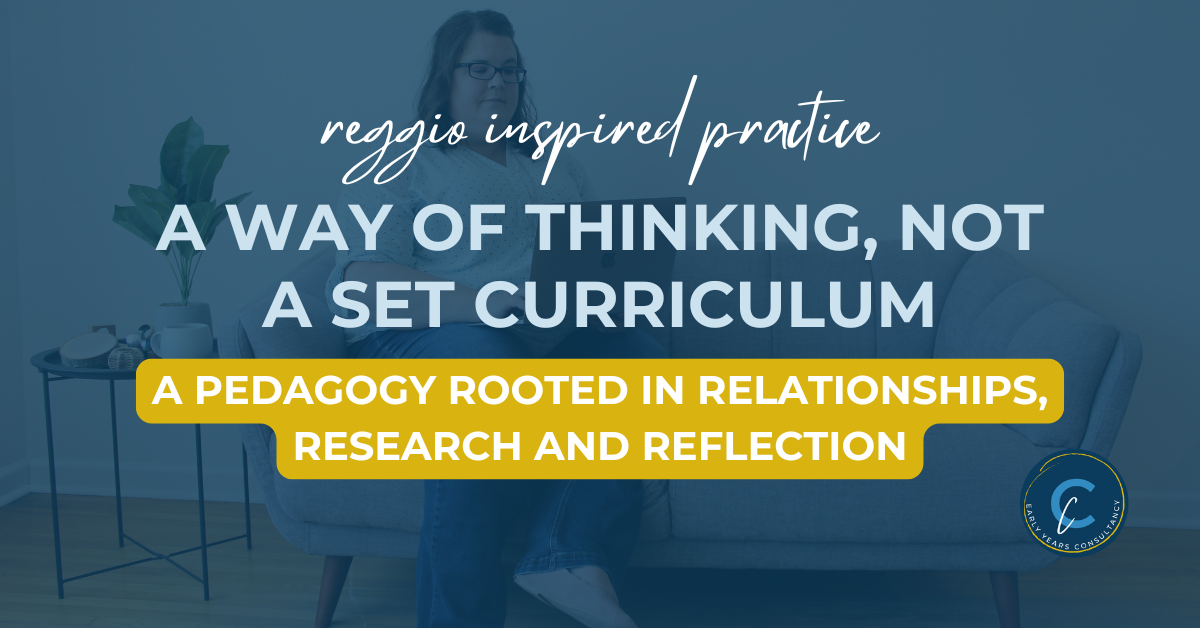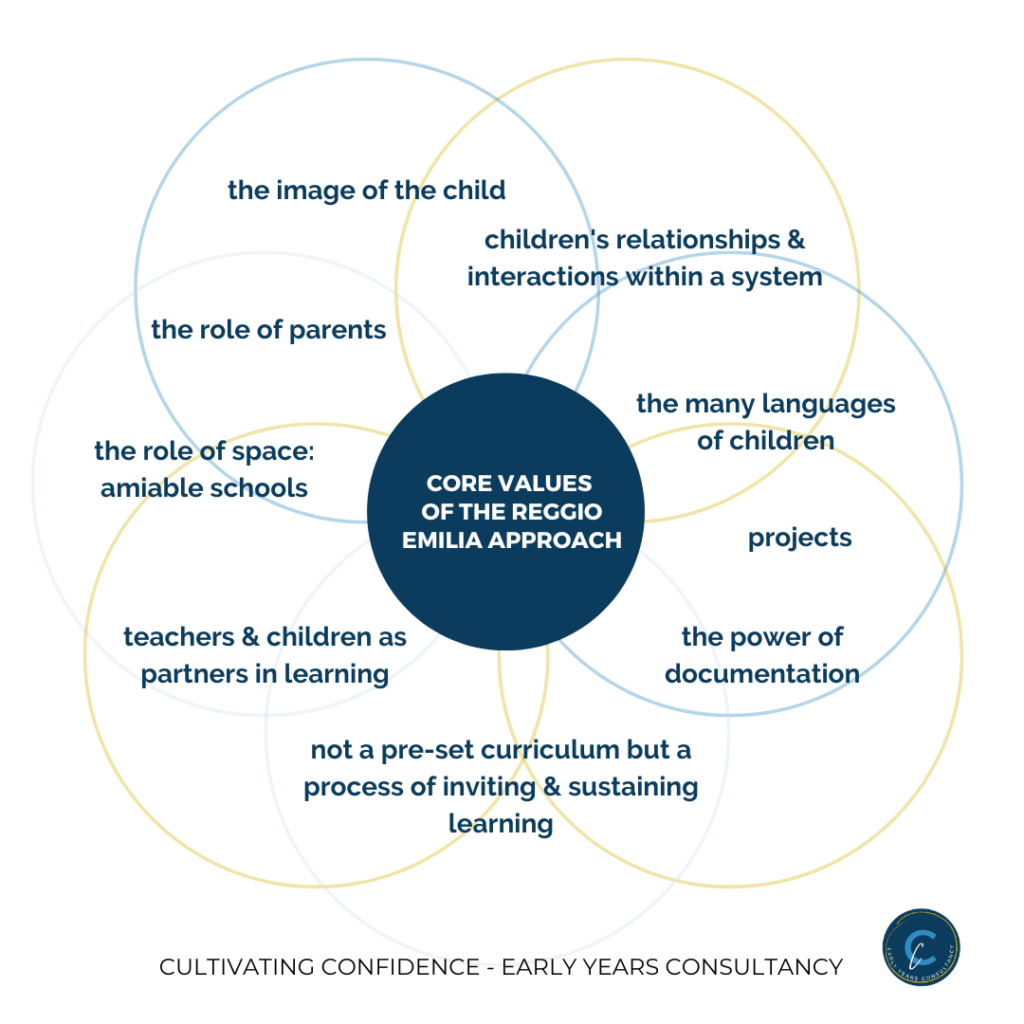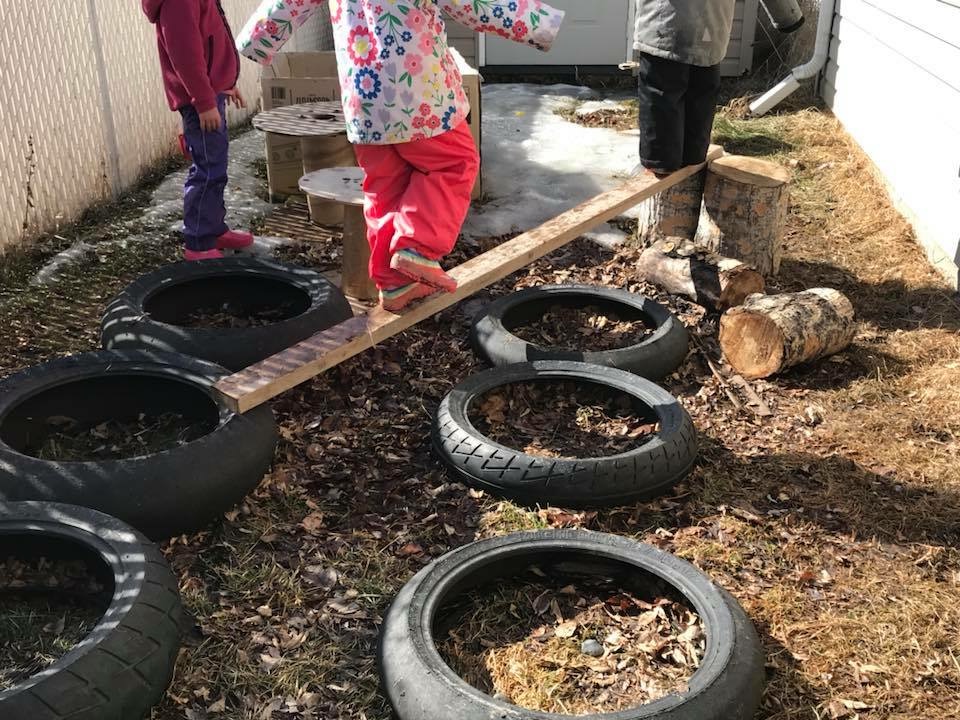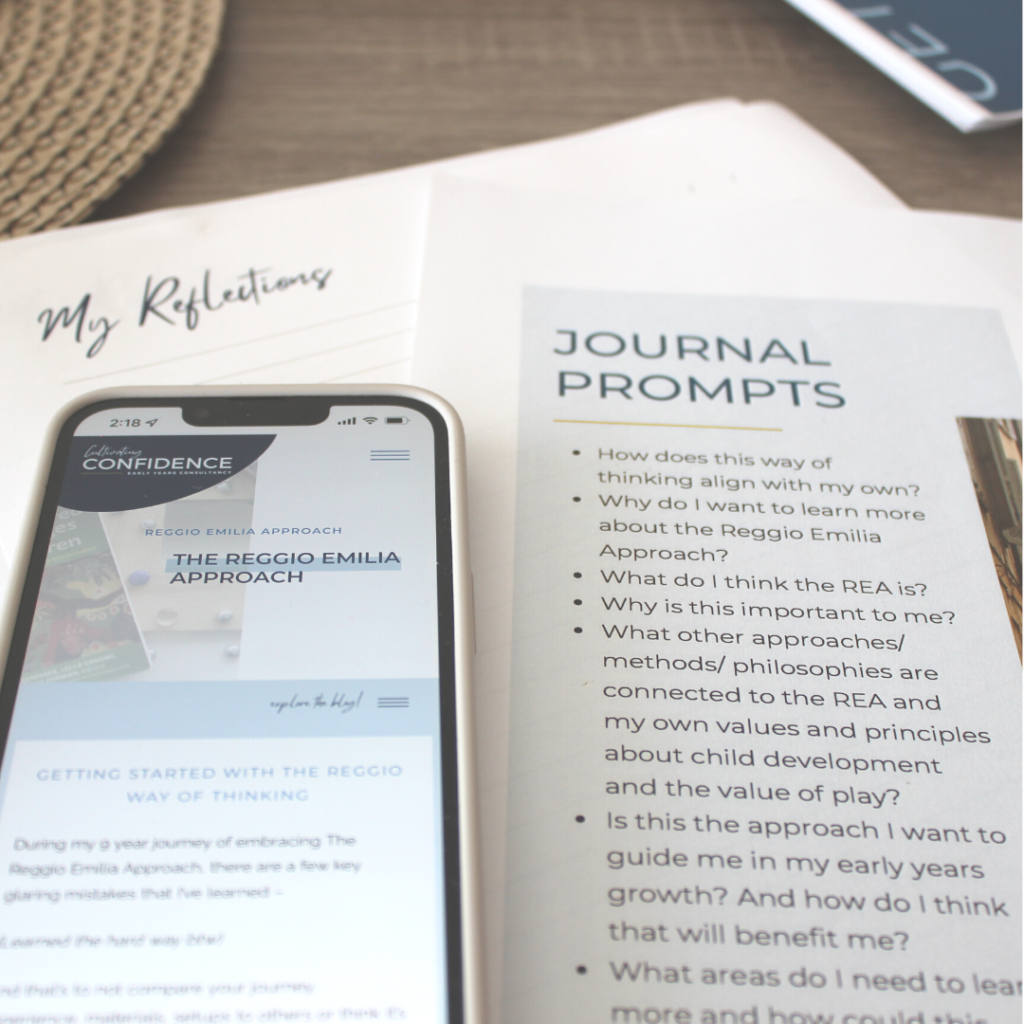CLOSE
inspiring you is my passion
REGGIO INSPIRED PRACTICE GUIDE
CONTACT VERONICA
LOOSE PARTS PLAY GUIDE
FREE RESOURCES
PROFESSIONAL TRAINING
FOR ECE'S
FOR TEAMS
from my perspective
this way to the blog!
TOOLKIT
Documentation
Templates
WORKSHOPS
CUSTOM TEAM BUNDLE
FREE TRAINING - POSSIBILITIES OF LOOSE PARTS
shop
CLOSE
inspiring you is my passion
EDUCATOR LIBRARY
CONTACT VERONICA
FREE LOOSE PARTS GUIDE
RESOURCES
PROFESSIONAL TRAINING
FOR ECE'S
FOR TEAMS
TOOLKIT
Documentation
Templates
WORKSHOPS
DIGITAL PD LIBRARY
LIVE WORKSHOPS
FULL DAY PD
FREE TRAINING - POSSIBILITIES OF LOOSE PARTS
New!!!
shop

inspiring & practical ideas
GET STARTED WITH
loose parts play
FREE DOWNLOAD
This guide is loaded with ideas, inventory lists, and resources to support you in conveying the learning that is happening while children play!
I only want creativity filling your inbox, so you'll see inspiration and support dropping in...but not too much!
We respect your privacy. Unsubscribe at any time.
Quite often I see the question of “what reggio curriculum should I purchase?” and usually very quickly the comments of “the child is the curriculum, you don’t purchase one” comes next. And this is very true but I’m sure it leaves the OG commenter more confused because that statement isn’t easily understood. Especially when you come from a traditional style that is theme based or highly adult led. What might also be said is, “The Reggio Emilia Approach is a pedagogy not a curriculum. “ Again true, but it’s probably making it even more confusing.
Now, full honesty here; it took me a long time to even be able to pronounce the word, pedagogy and pedagogical. So don’t be intimidated by the words, it’s more important to understand their meaning and reflect on how it is impacting your practice.
In this post we’re going to break all of this down and by the end you’ll feel confident in knowing what pedagogy means, what The Reggio Emilia’s approach to curriculum is, why we say, “the child is the curriculum” and what “reggio inspired” means.
All of this will help take away any confusion, create more clarity and hopefully inspire you to learn more and reflect on how the Reggio Emilia Approach aligns with your practice (or what you’re looking for!)
The Reggio Emilia Approach is a Pedagogy Not A Curriculum
First off, let’s define what pedagogy even means.
According to the Oxford dictionary, pedagogy is “the method and practice of teaching.”
And curriculum is defined as, “course components of the school curriculum.” This means the actual content (math, writing, language, etc.)
Cristina D. Vintimilla, also writes in the blog, What is Pedagogy, “Pedagogical thought lives within the tension between theory and practice, between what happens and the reflection on what happened.”
This is why having guiding posts, or known as your values, is so important because your values help you curate your method and practice of teaching. And guide you in your reflective practice to make sense of what has happened.
Reggio educators have a core set of values and principles that guide them in their everyday practice that make up their pedagogy.

To go a little deeper into this, Dr. Diane Kashin, writes about the differences between models and approaches to teaching. She describes an approach as, “less rigid than a model and relies on the teachers to make decisions based on context and ethical practice.”
Your ethical practice is directly from knowing your values and these guide you in making decisions about your interactions, materials you introduce, how you build relationships and respond to the children.
Pedagogy is the direct result of knowing what kind of educator you want to be, your values and beliefs about all protagonists.
This is why The Reggio Emilia Approach is a pedagogy not a curriculum.
The Child is the Curriculum – Pedagogy in Action
Reggio educators have the core value that teachers and children are seen as partners in learning AND having an image of the child.
Believing that children are strong, capable, competent and valued learners.
Alongside with a strong image of the educator, the learning that occurs in your setting is co-constructed.
It is not solely adult led or imparting our knowledge onto children.
Rather seeing, believing and interacting with children in ways that value them as citizens of the now, they have rights and are trusted to learn what they need and want to learn.
When you have this image of the child and educator, again this impacts how you observe, interact and respond in your practice. This is your pedagogical views in action.



Children have never ending ideas and our role is to value them, nurture them and genuinely engage alongside them.
This means moving away from adult led, highly instructed routines and moving towards emergent curriculum, projects and the essence of play.
Trusting that children are capable of being in control of their own learning.
So when an educator is beginning their journey to embracing The Reggio Emilia Approach, and ask, “Is there a curriculum to buy?”
Instead of only answering with the child is the curriculum, maybe include…
“The Reggio Emilia Approach has core values, one of those is having a strong image of the child and educator where both are seen as equals and co-learners. Believing that children are capable of controlling their learning. The curriculum comes from the child as we observe, research and respond to nurture their interests.”
Or however you would write it!
Why we say, “Reggio Inspired”
We can never operate our programs the exact same way as the inspirational and transformational educators do in Reggio Emilia. We can learn from them and apply their philosophies and ways of working with children and families into our own context.
The Reggio Emilia Approach® is a way of thinking. This we can do. We can change the way we think about children, educators and families; use their inspirational stories and teachings to infuse it into our own individual contexts, programs and communities.
Lella Gandini writes,
“Educators in Reggio Emilia have no intention of suggesting that their program should be looked at as a model to be copied in other countries; rather, they consider their work as an educational experience that consists of reflection of theory, practice, and further careful reflection in a program that is continuously renewed and readjusted.
Considering the enormous interest that educators show in the work done in the Reggio schools, they suggest that teachers and par-ents in each school, any school, anywhere, could in their own context reflect on these ideas, keeping in focus always the relationships and learning that are in process locally to examine needs and strengths, thus finding possible ways to construct change.”

This is why knowing YOUR WHY to embrace this way of thinking is so important. So that we don’t just copy. Because that will probably only bring more frustration. Because what you believe impacts every aspect of your role.
This is why knowing YOUR WHY to embrace this way of thinking is so important. So that we don’t just copy. Because that will probably only bring more frustration. Because what you believe impacts every aspect of your role.
Your beliefs are your values and your everyday practice is guided by them which makes up your pedagogy, otherwise known as your practice of teaching.
What’s Next?
There is so much to learn from the Reggio educators and building a strong foundation of this history and values is the first step. To support you with this, you can follow the framework inside the free guide, Reggio Inspired Practice, that I’ve curated for you.
Then to help you implement your new way of thinking into your own context, join the waitlist for the Getting Started With Your Reggio Inspired Practice course! Together, I’ll guide you to creating your images of all protagonists, starting your reflective practice, engaging in meaningful dialogue and beginning to curate your third teacher.
Resources Mentioned
Reggio Inspired Practice – Free Guide
Getting Started With Your Reggio Inspired Practice – Course
What is Pedagogy? – Blog by Cristina D. Vintimilla
Models & Approaches by Dr. Diane Kashin
Values & Principles of The Reggio Emilia Approach by Lella Gandini
Hey there!
I'M VERONICA
I am an Early Childhood Consultant and very passionate about supporting and inspiring my fellow Educators. I will share my reflections and experiences about implementing my philosophy, views, and ideas into my practice.
COFFEE & BOOK LOVER
find more on
stay connected
The Reggio Emilia Approach is a pedagogy not a curriculum
Leave a Reply Cancel reply
ENDLESS POSSIBILITIES OF
loose parts play
ON-DEMAND FREE TRAINING
Unlock the possibilities to simplify your planning, become proactive with behaviours & enjoy your role again! I'll guide you to find the beauty in loose parts play.
DISCOVER THE POSSIBILITIES!
I'M VERONICA.
EARLY YEARS CONSULTANT
Here to help you simplify planning, understand behaviours & build strong relationships...all with the magic of loose parts!
ENGAGE YOUR CURIOSITY
MY EARLY YEARS JOURNEY
THE MODERN EDUCATOR TOOLKIT
WORKSHOP (LIVE & REPLAYS)
CUSTOM TEAM PD BUNDLE
POSSIBILITIES OF LOOSE PARTS TRAINING
CONTACT
get your
guide!
Wanna know how to GET STARTED with these magical materials?
find out right here!
back to top
WEEKLY EMAIL
join the
let's stay connected...
Only inspiration & support will drop in your inbox. Unsubscribe at anytime.
CLOSE
I'M VERONICA.
Here to help you simplify planning, understand behaviours & build strong relationships...with the magic of loose parts!
VERONICA
POSTED BY:
also known as Ronnie!
SPECIAL NEEDS MOMMA &
EARLY CHILDHOOD CONSULTANT
Inspiring and mentoring my fellow educators how to use loose parts to enhance all aspects of their practice. I share my dual roles of educator & momma and how our autistic son has shown me so many new perspectives.
read about my early years journey